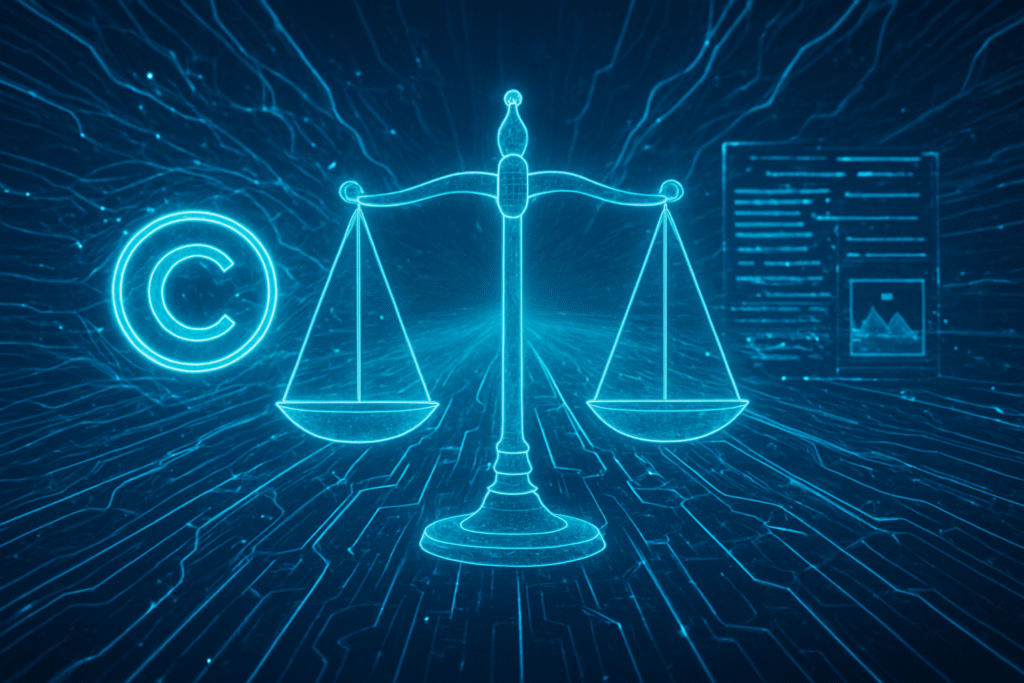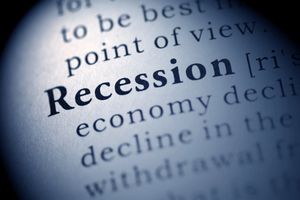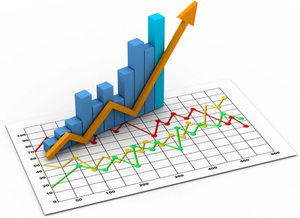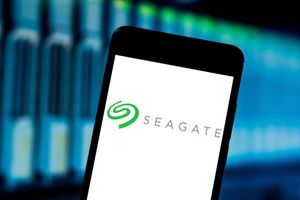
A seismic shift is underway in the digital landscape as a growing coalition of publishers and content creators are launching a formidable legal offensive against Google (NASDAQ: GOOGL), accusing the tech giant of leveraging its market dominance to exploit copyrighted content for its rapidly expanding artificial intelligence (AI) initiatives. These landmark antitrust lawsuits aim to redefine the boundaries of intellectual property in the age of generative AI, challenging Google's practices of ingesting vast amounts of online material to train its AI models and subsequently presenting summarized content that bypasses original sources. The outcome of these legal battles could fundamentally reshape the economics of online publishing, the development trajectory of AI, and the very concept of "fair use" in the digital era.
The core of these legal challenges revolves around Google's AI-powered features, particularly its "Search Generative Experience" (SGE) and "AI Overviews," which critics argue directly siphon traffic and advertising revenue away from content creators. Publishers contend that Google is not only utilizing their copyrighted works without adequate compensation or explicit permission to train its powerful AI models like Bard and Gemini, but is also weaponizing these models to create derivative content that directly competes with their original journalism and creative works. This escalating conflict underscores a critical juncture where the unbridled ambition of AI development clashes with established intellectual property rights and the sustainability of content creation.
The Technical Battleground: AI's Content Consumption and Legal Ramifications
At the heart of these lawsuits lies the technical process by which large language models (LLMs) and generative AI systems are trained. Plaintiffs allege that Google's AI models, such as Imagen (its text-to-image diffusion model) and its various LLMs, directly copy and "ingest" billions of copyrighted images, articles, and other creative works from the internet. This massive data ingestion, they argue, is not merely indexing for search but a fundamental act of unauthorized reproduction that enables AI to generate outputs mimicking the style, structure, and content of the original protected material. This differs significantly from traditional search engine indexing, which primarily provides links to external content, directing traffic to publishers.
Penske Media Corporation (PMC), owner of influential publications like Rolling Stone, Billboard, and Variety, is a key plaintiff, asserting that Google's AI Overviews directly summarize their articles, reducing the necessity for users to visit their websites. This practice, PMC claims, starves them of crucial advertising, affiliate, and subscription revenues. Similarly, a group of visual artists, including photographer Jingna Zhang and cartoonists Sarah Andersen, Hope Larson, and Jessica Fink, are suing Google for allegedly misusing their copyrighted images to train Imagen, seeking monetary damages and the destruction of all copies of their work used in training datasets. Online education company Chegg has also joined the fray, alleging that Google's AI-generated summaries are damaging digital publishing by repurposing content without adequate compensation or attribution, thereby eroding the financial incentives for publishers.
Google (NASDAQ: GOOGL) maintains that its use of public data for AI training falls under "fair use" principles and that its AI Overviews enhance search results, creating new opportunities for content discovery by sending billions of clicks to websites daily. However, leaked court testimony suggests a "hard red line" from Google, reportedly requiring publishers to allow their content to feed Google's AI features as a condition for appearing in search results, without offering alternative controls. This alleged coercion forms a significant part of the antitrust claims, suggesting an abuse of Google's dominant market position to extract content for its AI endeavors. The technical capability of AI to synthesize and reproduce content derived from copyrighted material, combined with Google's control over search distribution, creates a complex legal and ethical dilemma that current intellectual property frameworks are struggling to address.
Ripple Effects: AI Companies, Tech Giants, and the Competitive Landscape
These antitrust lawsuits carry profound implications for AI companies, tech giants, and nascent startups across the industry. Google (NASDAQ: GOOGL), as the primary defendant and a leading developer of generative AI, stands to face significant financial penalties and potentially be forced to alter its AI training and content display practices. Any ruling against Google could set a precedent for how all AI companies acquire and utilize training data, potentially leading to a paradigm shift towards licensed data models or more stringent content attribution requirements. This could benefit content licensing platforms and companies specializing in ethical data sourcing.
The competitive landscape for major AI labs and tech companies like Microsoft (NASDAQ: MSFT), Meta Platforms (NASDAQ: META), and OpenAI (backed by Microsoft) will undoubtedly be affected. While these lawsuits directly target Google, the underlying legal principles regarding fair use, copyright infringement, and antitrust violations in the context of AI training data could extend to any entity developing large-scale generative AI. Companies that have proactively sought licensing agreements or developed AI models with more transparent data provenance might gain a strategic advantage. Conversely, those heavily reliant on broadly scraped internet data could face similar legal challenges, increased operational costs, or the need to retrain models, potentially disrupting their product cross-cycles and market positioning.
Startups in the AI space, often operating with leaner resources, could face a dual challenge. On one hand, clearer legal guidelines might provide a more predictable environment for ethical AI development. On the other hand, increased data licensing costs or stricter compliance requirements could raise barriers to entry, favoring well-funded incumbents. The lawsuits could also spur innovation in "copyright-aware" AI architectures or decentralized content attribution systems. Ultimately, these legal battles could redefine what constitutes a "level playing field" in the AI industry, shifting competitive advantages towards companies that can navigate the evolving legal and ethical landscape of content usage.
Broader Significance: Intellectual Property in the AI Era
These lawsuits represent a watershed moment in the broader AI landscape, forcing a critical re-evaluation of intellectual property rights in the age of generative AI. The core debate centers on whether the mass ingestion of copyrighted material for AI training constitutes "fair use" – a legal doctrine that permits limited use of copyrighted material without acquiring permission from the rights holders. Publishers and creators argue that Google's actions go far beyond fair use, amounting to systematic infringement and unjust enrichment, as their content is directly used to build competing products. If courts side with the publishers, it would establish a powerful precedent that could fundamentally alter how AI models are trained globally, potentially requiring explicit licenses for all copyrighted training data.
The impacts extend beyond direct copyright. The antitrust claims against Google (NASDAQ: GOOGL) allege that its dominant position in search is being leveraged to coerce publishers, creating an unfair competitive environment. This raises concerns about monopolistic practices stifling innovation and diversity in content creation, as publishers struggle to compete with AI-generated summaries that keep users on Google's platform. This situation echoes past debates about search engines and content aggregators, but with the added complexity and transformative power of generative AI, which can not only direct traffic but also recreate content.
These legal battles can be compared to previous milestones in digital intellectual property, such as the early internet's challenges with music and video piracy, or the digitization of books. However, AI's ability to learn, synthesize, and generate new content from vast datasets presents a unique challenge. The potential concerns are far-reaching: will content creators be able to sustain their businesses if their work is freely consumed and repurposed by AI? Will the quality and originality of human-generated content decline if the economic incentives are eroded? These lawsuits are not just about Google; they are about defining the future relationship between human creativity, technological advancement, and economic fairness in the digital age.
Future Developments: A Shifting Legal and Technological Horizon
The immediate future will likely see protracted legal battles, with Google (NASDAQ: GOOGL) employing significant resources to defend its practices. Experts predict that these cases could take years to resolve, potentially reaching appellate courts and even the Supreme Court, given the novel legal questions involved. In the near term, we can expect to see more publishers and content creators joining similar lawsuits, forming a united front against major tech companies. This could also prompt legislative action, with governments worldwide considering new laws specifically addressing AI's use of copyrighted material and its impact on competition.
Potential applications and use cases on the horizon will depend heavily on the outcomes of these lawsuits. If courts mandate stricter licensing for AI training data, we might see a surge in the development of sophisticated content licensing marketplaces for AI, new technologies for tracking content provenance, and "privacy-preserving" AI training methods that minimize direct data copying. AI models might also be developed with a stronger emphasis on synthetic data generation or training on public domain content. Conversely, if Google's "fair use" defense prevails, it could embolden AI developers to continue broad data scraping, potentially leading to further erosion of traditional publishing models.
The primary challenges that need to be addressed include defining the scope of "fair use" for AI training, establishing equitable compensation mechanisms for content creators, and preventing monopolistic practices that stifle competition in the AI and content industries. Experts predict a future where AI companies will need to engage in more transparent and ethical data sourcing, possibly leading to a hybrid model where some public data is used under fair use, while premium or specific content requires explicit licensing. The coming weeks and months will be crucial for observing initial judicial rulings and any signals from Google or other tech giants regarding potential shifts in their AI content strategies.
Comprehensive Wrap-up: A Defining Moment for AI and IP
These antitrust lawsuits against Google (NASDAQ: GOOGL) by a diverse group of publishers and content creators represent a pivotal moment in the history of artificial intelligence and intellectual property. The key takeaway is the direct challenge to the prevailing model of AI development, which has largely relied on the unfettered access to vast quantities of internet-scraped data. The legal actions highlight the growing tension between technological innovation and the economic sustainability of human creativity, forcing a re-evaluation of fundamental legal doctrines like "fair use" in the context of generative AI's transformative capabilities.
The significance of this development in AI history cannot be overstated. It marks a shift from theoretical debates about AI ethics and societal impact to concrete legal battles that will shape the commercial and regulatory landscape for decades. Should publishers succeed, it could usher in an era where AI companies are held more directly accountable for their data sourcing, potentially leading to a more equitable distribution of value generated by AI. Conversely, a victory for Google could solidify the current data acquisition model, further entrenching the power of tech giants and potentially exacerbating challenges for independent content creators.
Long-term, these lawsuits will undoubtedly influence the design and deployment of future AI systems, potentially fostering a greater emphasis on ethical data practices, transparent provenance, and perhaps even new business models that directly compensate content providers for their contributions to AI training. What to watch for in the coming weeks and months includes early court decisions, any legislative movements in response to these cases, and strategic shifts from major AI players in how they approach content licensing and data acquisition. The outcome of this legal saga will not only determine the fate of Google's AI strategy but will also cast a long shadow over the future of intellectual property in the AI-driven world.
This content is intended for informational purposes only and represents analysis of current AI developments.
TokenRing AI delivers enterprise-grade solutions for multi-agent AI workflow orchestration, AI-powered development tools, and seamless remote collaboration platforms.
For more information, visit https://www.tokenring.ai/.






